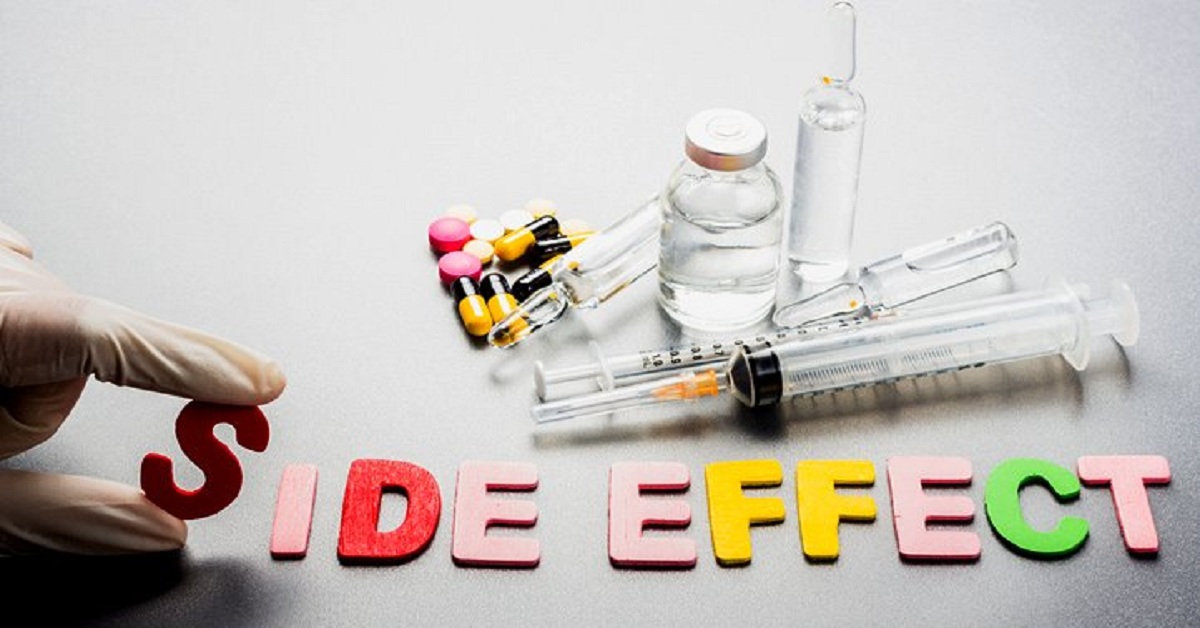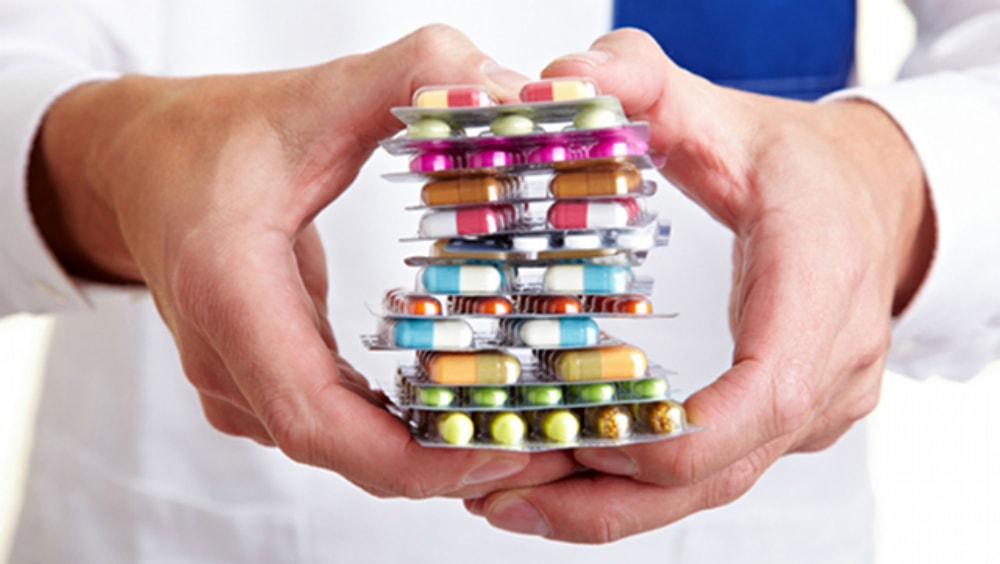
All medicines whether it is prescription, over-the-counter, herbal or supplements have side effects.Side effects can differ from one individual to another and can be mild to severe depending on the medicine taken. All medicines have side effects if they are not taken as prescribed.

Side Effects of Medicine:
Side effects happen when one or more drugs are mixed with other things like alcohol known as a drug interaction.
- Anticoagulants or blood thinners like Coumadin, warfarin help in preventing blood clots. They have no side effects but can cause serious internal bleeding in some cases.
- Alcohol and narcotic pain medication lead to overdose, which is life-threatening.
- Not only medication, but food items like grapefruit juice when taken along with hypertension and cholesterol medication is known to affect the blood levels.
- An allergic reaction like rash, itching, or an anaphylactic reaction to any drug can happen.
- Some drugs trigger side effects because of their chemical anatomy. Drugs like diphenhydramine commonly used as an allergy drug relieve the allergy symptoms but blocks the chemical acetylcholine, which leads to drowsiness, dry mouth, and many more side effects.
Side Effects of Complementary Medicines:
Contrary to popular belief that complementary medicine is safe as it is acquired from its natural sources is not always right. For instance:
- It is reported that more than 20 different types of side effects or reactions have been reported with use of echinacea.
- Feverfew is known to cause uterine contractions and as such not recommended to pregnant women.
- Asteraceae plants like feverfew, echinacea, chamomile, dandelion, etc. have side effects like allergic dermatitis and hay fever.
Drug Interaction:
Unwanted adverse reactions are seen when one drug interacts with another drug or any other substances.
- Complementary medication such as chamomile, ginkgo, and feverfew, when taken along with anticoagulants like warfarin and anti-inflammatory medication like aspirin, increases the risk of bleeding.
- When antihistamines, antidepressants, sleeping tablets are prescribed, alcohol should be avoided.As consuming alcohol with these medications leads to drowsiness and vertigo.
- Antibiotics and alcohol interact in a negative way and should never be mixed.When antibiotics are prescribed, the doctor should be consulted about alcohol consumption during this time.
When to Seek Help?
- Seek immediate medical attention when it involves an allergic or anaphylactic reaction to medication as it can be life-threatening.
- The patient’s information list (PIL) has a list of side effects to medication and its severity. If you fall into that category, seek medical help.
- Seek the help of a pharmacist who will tell you whether the side effects are severe or if you should see a healthcare professional for it.
Conclusion:
Side effects are inadvertent and unwanted.Measures need to be taken to prevent or reduce these side effects.This can be achieved by following the prescription strictly as per doctor’s instructions.
Avoid consumption of alcohol when on certain antibiotics and psychotic medications like antidepressants, or sleeping pills.In the event of an emergency due to side effects, seek immediate medical help.
Your Comments are valuable on this Post

Add new comment